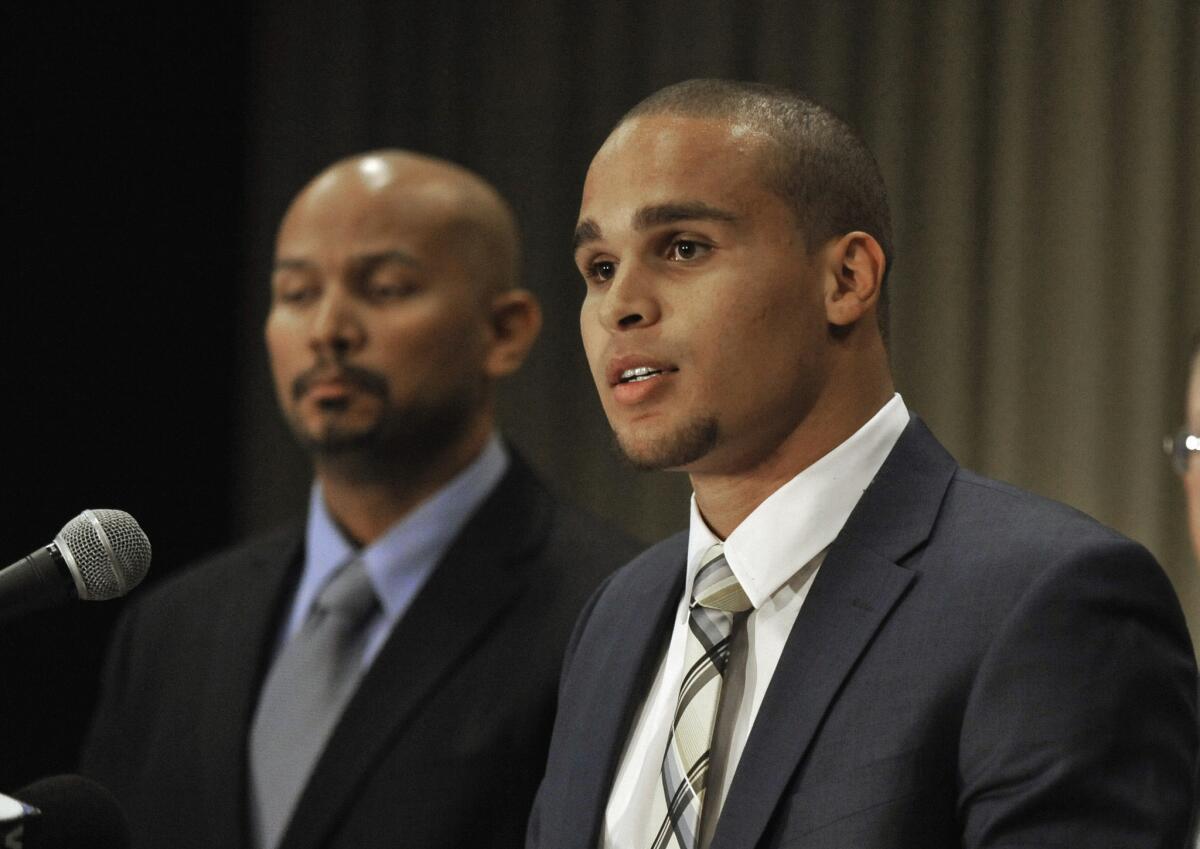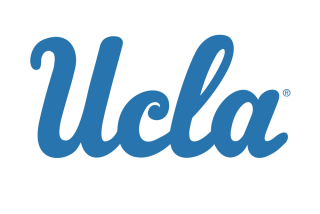College football -- yes, it’s a job

University officials and the NCAA have been reluctant to acknowledge that top-tier college football programs are run these days less as athletic programs than as businesses. But a labor administrator’s decision Wednesday that Northwestern University’s scholarship football players are, in fact, employees with the right to unionize should get their attention.
This issue has been bubbling for decades as major sports programs evolved from important but ancillary parts of a college’s mission into powerful businesses enriched by multimillion-dollar TV contracts and merchandising revenue, all built on the labor of student-athletes who received no compensation beyond scholarships. That might be a workable relationship when the players are truly students whose main focus is on academics. But as the ruling by Peter Sung Ohr, the National Labor Relations Board’s Chicago director, makes clear, scholarship players at Northwestern University are on campus first and foremost to play revenue-generating football. And that, he says, makes them employees.
The logic is clear. The players are accepted first as members of the football team, then as students, Ohr found. Players devote well over 40 hours a week to the team, overwhelming the amount of time they devote to academics. And players sign scholarship “tenders” that define conditions under which they will receive free tuition, room and board, and other support. If players fail to meet the conditions, they lose their scholarships. That, Ohr says, makes them workers. Significantly, Ohr found that non-scholarship players are not workers because they receive no compensation.
It’s unclear whether the ruling will apply to other private colleges, such as USC, because Ohr’s decision turns on specific circumstances at Northwestern. (The NLRB does not have jurisdiction over public universities such as UCLA.) It’s also unclear whether the ruling will survive the anticipated appeals, because, among other issues, the players are not receiving direct wages but grants-in-kind.
What is clear is that the collegiate athletic system generates billions of dollars through the work of people who, if they get paid at all, receive nothing more than free college. No small thing, that, but hardly equitable given the economic scope of top-tier college athletics. This ruling could — and should — force universities and the NCAA to end what has become an exploitative system and make athletic programs subsidiary to the core mission: education.
More to Read
A cure for the common opinion
Get thought-provoking perspectives with our weekly newsletter.
You may occasionally receive promotional content from the Los Angeles Times.










